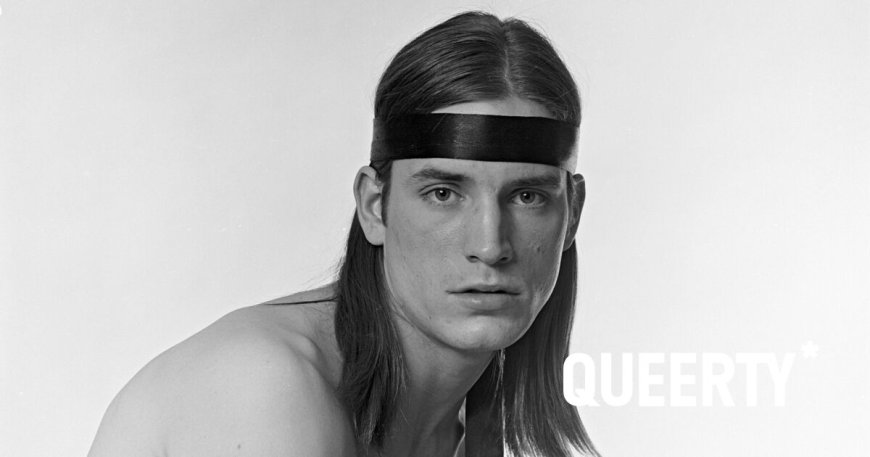LISTEN: How heartthrob Joe Dallesandro inspired Lou Reed’s gayest—and most successful—song
Warhol muse "Little Joe" was one of the many people name-checked in Reed's controversial "Walk On The Wild Side"


Some of the songs covered in our Retro Record column are important to the LGBTQ+ community because of rather subtle connections—be they suggestive lyrics or perhaps the fact that the musician has a large queer following.
Lou Reed’s “Walk On The Wild Side” is not one of those songs.
It’s so overtly queer that it’s hard to believe it became a hit, let alone the biggest of the celebrated rock musician’s career. Everything about the tune is queer, from the subject matter to the lyrics to the producer: the one and only king of androgyny, David Bowie.
“Walk On The Wild Side” served as the lead single from Reed’s second solo album Transformer, released in 1972. The tune helped turn him from a cult favorite into a hitmaker, peaking at No. 16 on the Hot 100, which is rather shocking given what it’s about and the era in which it was released.
In fact, if the song arrived today, it would likely still face backlash from some conservative critics and would need to be censored on the radio, as it was decades ago.
The song tells the stories of several people—all of whom are real—though Reed plays around with describing some as characters they played instead of who they really were. They were all among Andy Warhol’s “Superstars,” whom he made semi-famous (for 15 minutes, at least) via his many pieces of art.
Reed tells their stories vividly and without worrying about offending anyone, as is clear by some of his more shocking lyrical choices. Here are just a few of the most explicit:
There’s Holly Woodlawn, a transgender actress who ran away from home in Florida as a teenager and moved to New York City:
“Holly came from Miami, F.L.A. / Hitch-hiked her way across the U.S.A. / Plucked her eyebrows on the way / Shaved her legs and then he was a she”
Candy Darling, another transgender actress—whom Reed wrote about in an older song with his early band (which we’ll get to)—who grew up on Long Island:
“Candy came from out on the Island / In the back room she was everybody’s darling / But she never lost her head / Even when she was giving head”
And “Little Joe,” A.K.A. Joe Dallesandro, an openly bisexual actor whom Warhol turned into a minor gay heartthrob via his film Flesh:
“Little Joe never once gave it away / Everybody had to pay and pay / A hustle here and a hustle there”
Reed’s connection with Warhol goes way back, so it’s not shocking he’d write a song about some of the most prominent members of his cadre. Before going solo, he led the influential band The Velvet Underground, who were managed by the openly gay pop artist and who served as the house band for many of the parties he threw at his legendary Factory workshop in New York.
As if all of the above wasn’t enough to classify “Walk On The Wild Side” as a queer classic, Reed himself reportedly referred to the single as an “outright gay song” in an interview with British music magazine Disc And Music Echo. He went on to say that the stories he tells within the tune are “carefully worded so the straights can miss out on the implications and enjoy them without being offended.”
Somehow, Reed was right, as “Walk On The Wild Side” was a real smash in a number of countries, even though there were many reasons why it shouldn’t have worked. Perhaps that’s the genius of the rocker—or maybe the straights really just didn’t know what was going on. It wouldn’t be the first time.

 Mark
Mark 





